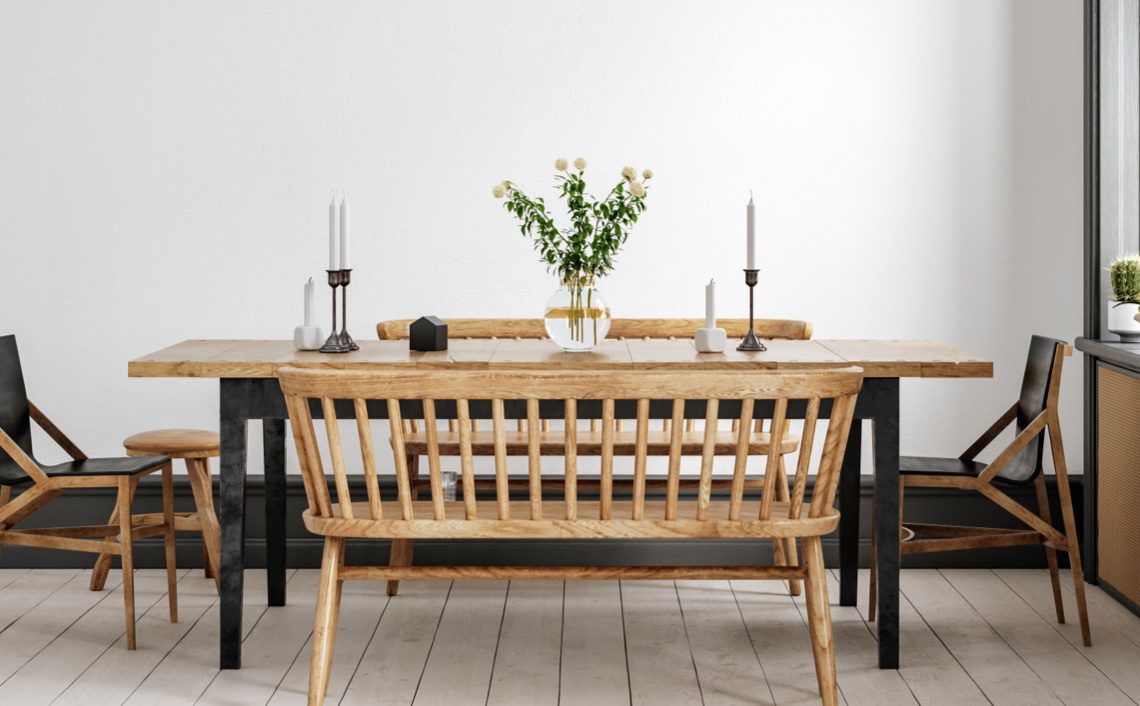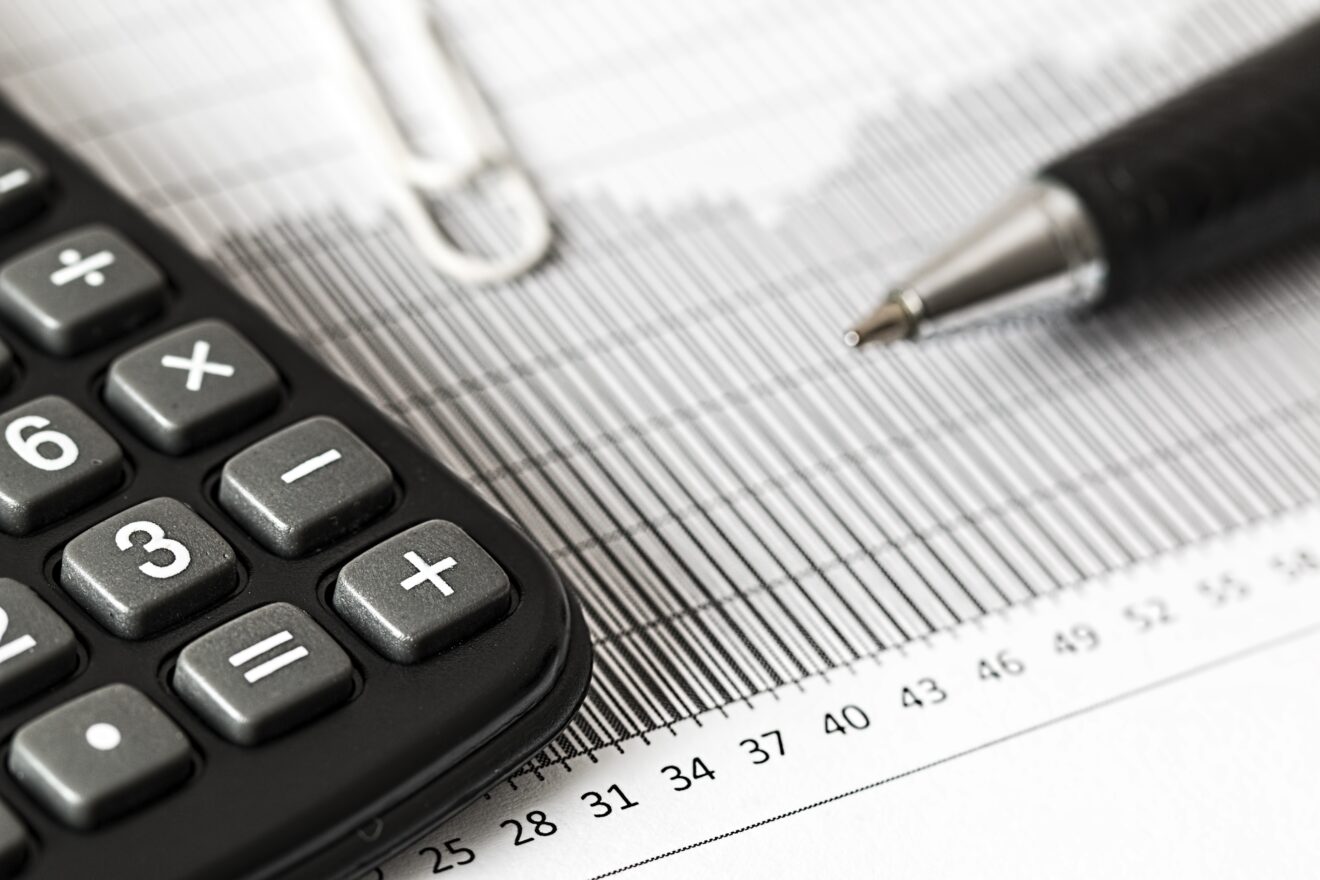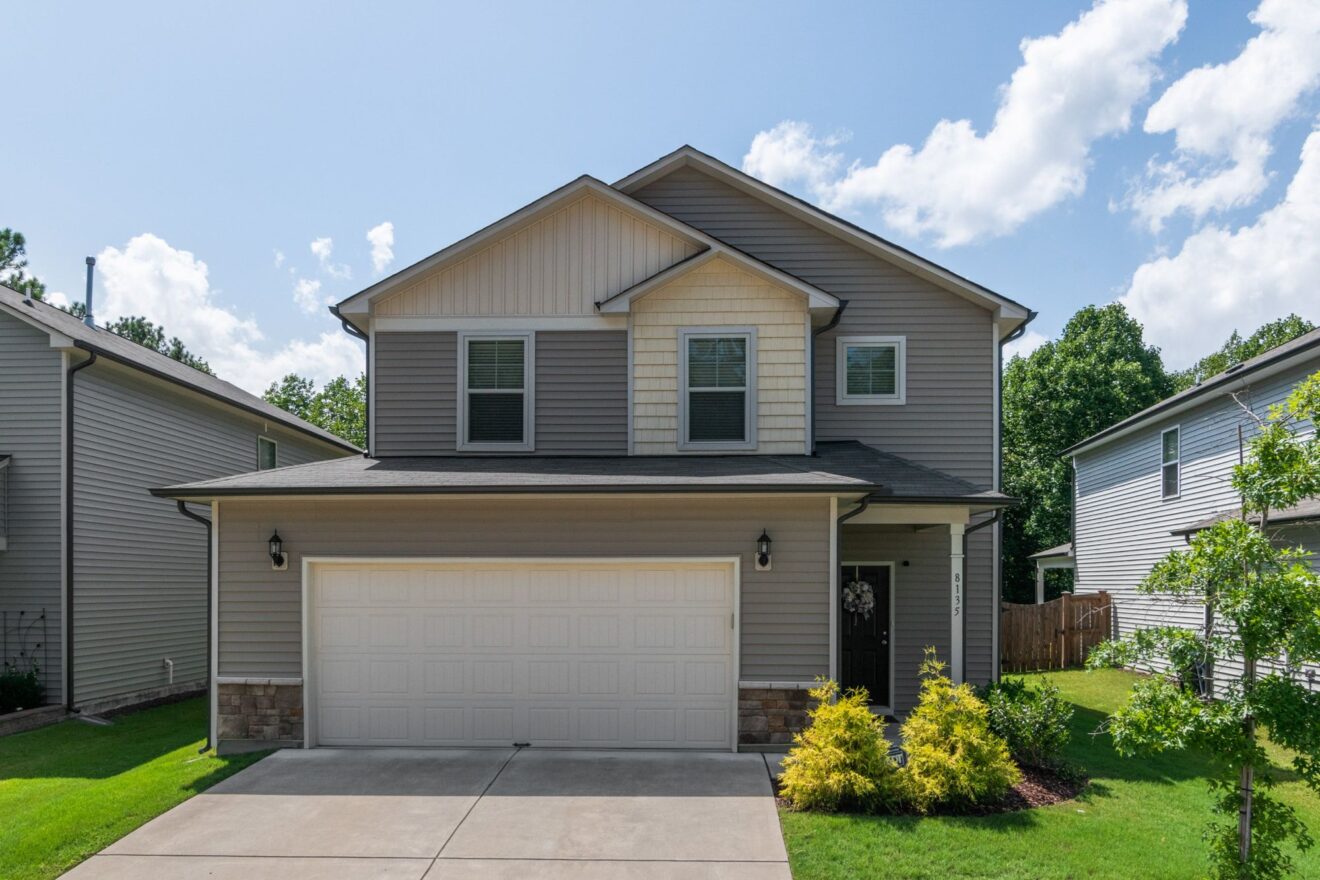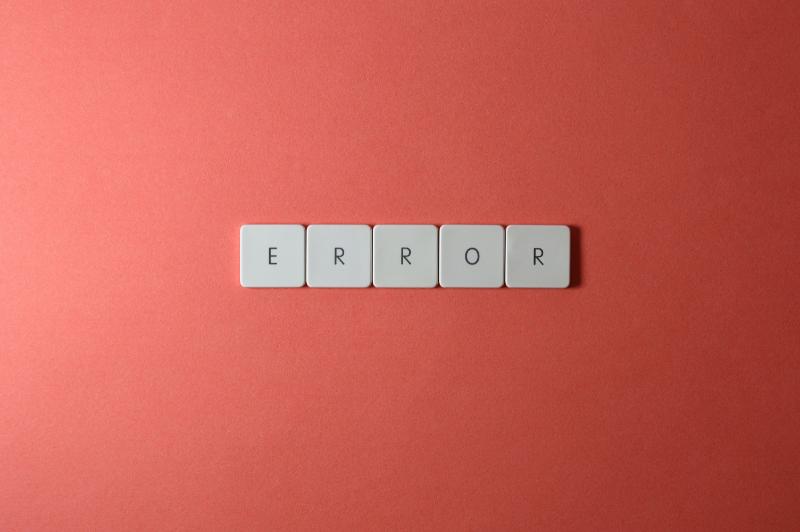Your first house won’t just be the place you call home, it’s also going to be the biggest purchase you’ve made in your life so far. With that in mind, you’ll need to protect it. This means getting homeowners insurance.
As real estate agents who have spent decades helping first-time homebuyers in Canada, we know that the world of insurance can be confusing.
In this blog, we’ll dive into the essentials of homeowner’s insurance, what you need to know before you buy, and more. By the end, you’ll have a much clearer understanding of how things work and can make a much more informed decision when it comes time to sign up for a plan.
What is Homeowner’s Insurance?
Let’s start with the basics. In simple terms, homeowner’s insurance is a type of policy that protects your property against unexpected events such as damage, theft, and other unpleasant surprises.
Although it’s not technically required by law, most Canadian mortgage lenders will require you to have insurance before they agree to finance your home. This ensures that your property (by extension their investment) is protected should anything happen.
Getting ready to purchase your first home? Explore these blog posts for important advice.
- What Is ‘House Hacking’? Get To Know This Increasingly Popular Path To Homeownership
- Should You Get Pre-Approved Before House Hunting?
- What Is The Mortgage Stress Test And What Does It Mean For Me?
Why is Homeowner’s Insurance Important?
On paper, the importance of having homeowner’s insurance seems pretty straightforward. However, the benefits go a little bit deeper than you may expect.
Homeowner’s insurance is more than just another box to tick off the checklist. It provides cohesive financial protection and above all else, peace of mind. Without it, any major damage to your property from fire, adverse or extreme weather, or vandalism would leave you shouldering all costs on your own. With insurance, you can sleep soundly at night knowing you’re protected from this kind of situation.
What’s Covered by Homeowner’s Insurance?
Every provider and plan is different. So, when you’re shopping around for a policy, it’s crucial to understand its primary components. That said, most standard policies in Canada cover the same major elements.
Your Home
Starting with the physical property, insurance protects the structure of your home (i.e. roof, walls, plumbing, and foundation) against damages from a wide range of causes such as fire, windstorms, hail, break-ins, and vandalism. Plus, if your home becomes uninhabitable due to a covered event such as a house fire or natural disaster, insurance also helps cover the costs of temporary living arrangements, such as hotel stays or renting an apartment.
While it may be called ‘home insurance’ or ‘homeowner’s insurance’ coverage isn’t typically limited to just the property itself. Every plan is unique, however, other property elements like detached garages, garden sheds, or laneway suites are usually covered too.
Your Belongings
Homeowner’s insurance also includes personal property coverage. This safeguards any belongings or keepsakes you have within the home like furniture, electronics, and clothing. Keep in mind that contents coverage is usually a percentage of the dwelling coverage, but you can increase it if you have high-value items.
Your Liability
Beyond the things you own, homeowner’s insurance also covers personal liability. For example, if a visitor slips on your icy walkway and decides to sue, your insurance can help cover the medical and legal expenses. These circumstances are rare, but if you ever find yourself in this position you’ll definitely be glad you have insurance.
What’s Not Covered By Homeowner’s Insurance?
When you sign up for a policy, it’s equally as important to know what’s not covered in addition to what is. Again, every provider and plan is different. That said, there are a few common exclusions found in most Canadian insurance policies.
For example, while you’ll likely be covered for wind and tornadoes, standard policies in Canada typically do not cover damage caused by flooding or earthquakes. If your home is in a high-risk area, you’ll need to purchase additional endorsements or a separate policy.
Another common exclusion is sewer backups. While somewhat rare, sewer backups can cause major damage to your home – especially the lower levels. However, they’re often excluded from basic policies. If you think your home may have a high risk of backup due to older plumbing or other factors, consider adding this coverage.
Finally, homeowner’s insurance does not cover damage from normal wear and tear or poor maintenance. This may seem obvious, but some homeowners occasionally try to make a claim on the damage they’ve incurred from neglecting their responsibilities.
Weighing the pros and cons of homeownership? Check out these blogs to learn more about what goes into buying a home.
- Will I Ever Be Able To Afford A Home?
- How Long Should You Plan Ahead Before Buying A Home?
- How To Improve Your Credit Before Buying A Home
Choosing the Right Coverage For Your Home
One of the most critical decisions for first-time homebuyers is determining how much coverage is necessary. While it might be tempting to opt for the minimum to save money, underinsuring your property could be a costly mistake in the long run.
Rather than rushing, take time to think about the unique risks your home may face. If needed, your real estate agent can help you assess your options and give you an informed recommendation on which providers or policies may suit you best.
Gearing up to buy your first home? Our team of experienced agents can help you achieve your real estate goals. Give us a call at 416-322-8000 or reach us by email at info@bosleyrealestate.com.

The Bosley Advantage
Read about the heritage and innovation that form the foundation for Bosley’s industry-leading approach to real estate.














